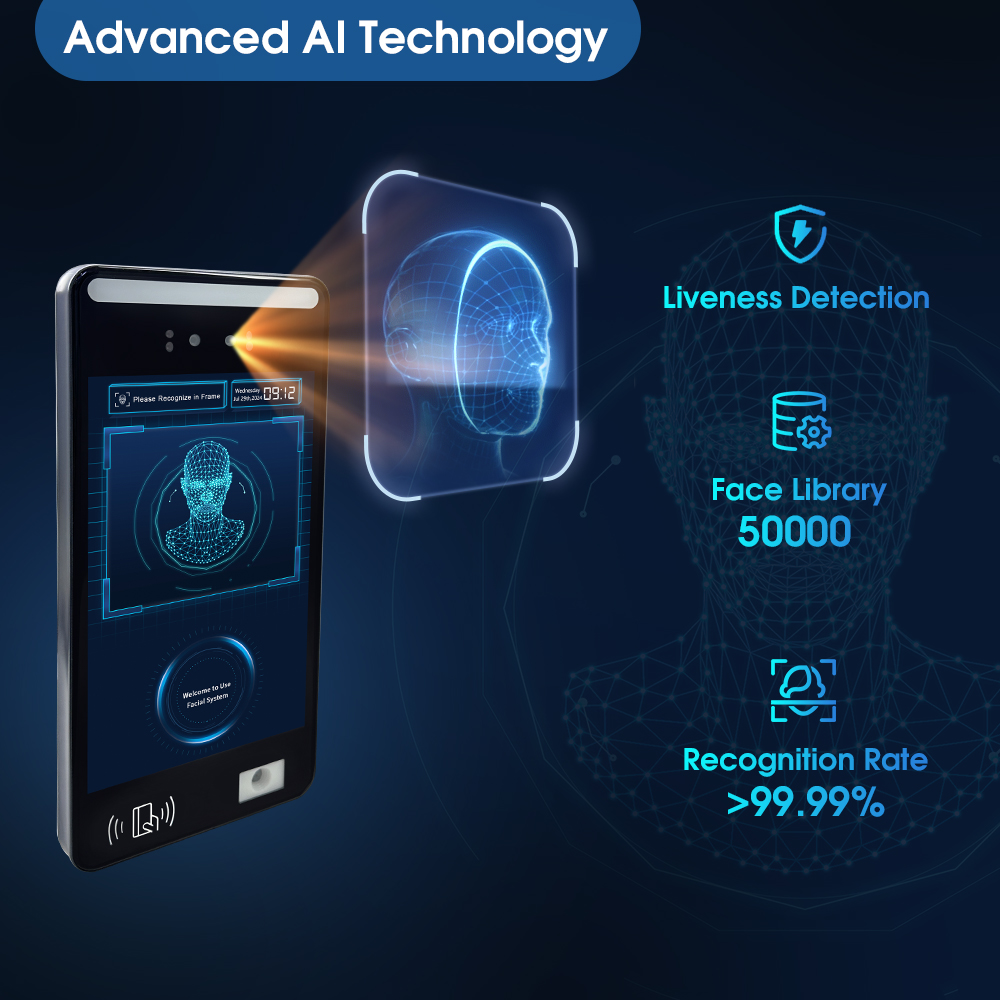When was the last time you fumbled for a keycard in the bottom of your bag, only to realize it was left at home on the kitchen counter? Or maybe you've experienced the frustration of trying to remember a passcode you set six months ago and haven't used since. We've all been there. Traditional security measures like keycards, PINs, and passwords are slowly becoming relics, as they simply can’t keep up with the demands of modern office environments. Enter biometric access control.
Biometric systems are like something out of a sci-fi movie, but they're no longer just futuristic concepts—they’re here and transforming office security. From fingerprint scanners to facial recognition, biometric access control offers a more secure, convenient, and efficient way to manage office access. Let’s explore why these systems are the future of office security.

Biometric access control is a security system that uses unique biological traits to grant access to restricted areas. Instead of relying on something you have (like a keycard) or something you know (like a password), it verifies *who you are*. And that’s a game-changer.
Common biometric systems include:
- Fingerprint scanners: A classic and widely adopted form of biometric security.
- Facial recognition: Just walk up, and the door opens as soon as it recognizes your face.
- Iris scanning: This is often used in high-security areas like government buildings.
- Palm vein recognition: This advanced method scans the unique pattern of veins in your palm.
---
Let’s face it: traditional security methods are clunky and increasingly ineffective. Take passwords, for example. How many times have you heard about massive data breaches because passwords were compromised? And keycards? They’re easily lost, and replacing them is a headache, not to mention a security risk if they fall into the wrong hands.
A friend of mine who works at a co-working space told me about an instance where one of their keycards got into the wrong hands. They had to reissue new cards for several employees, wasting hours of time and effort. I couldn’t help but think: if they had a biometric system, they would have avoided the mess altogether.